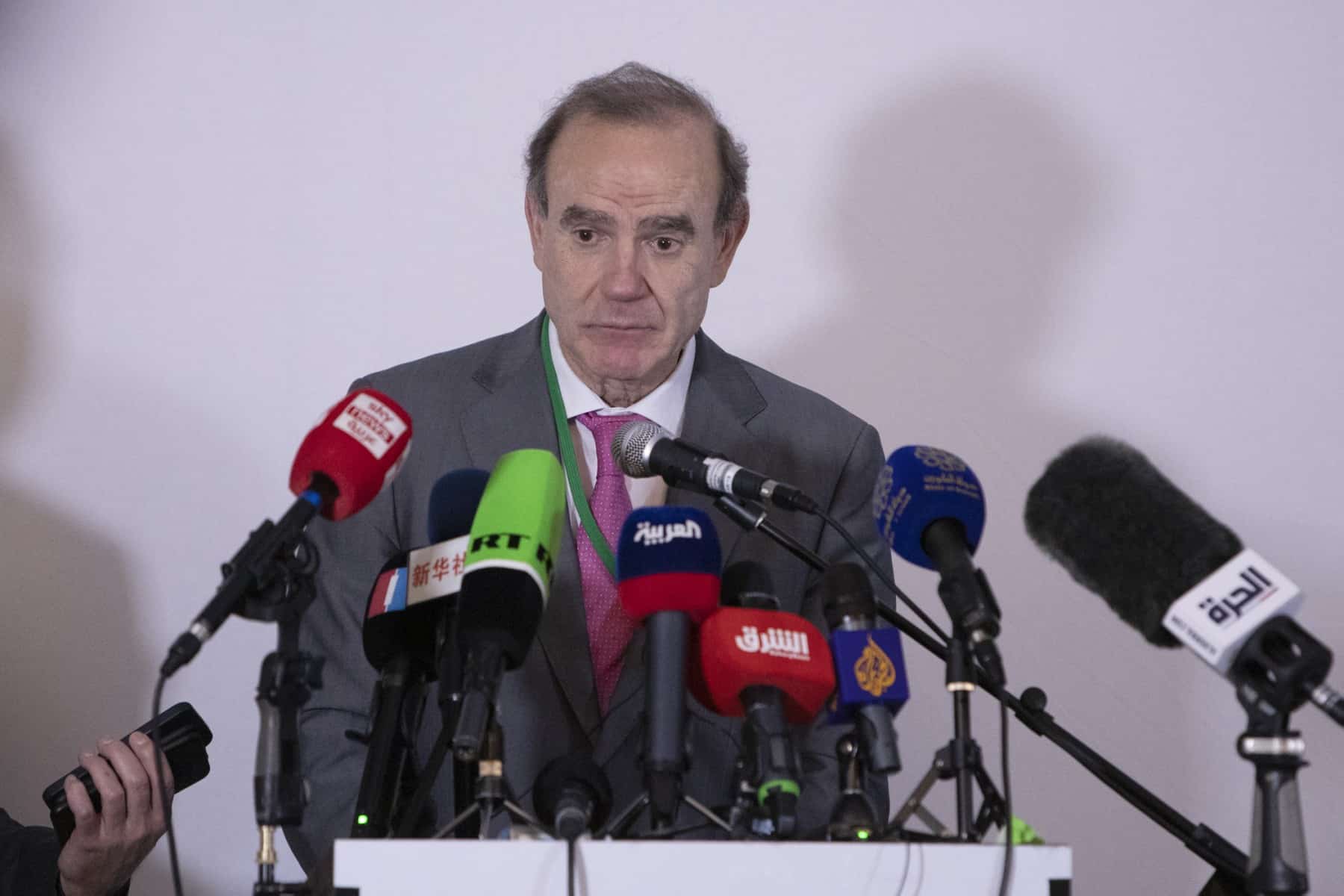The EU’s nuclear coordinator Enrique Mora is due in Austria Wednesday for talks with the Iranian delegation as the two sides seek to salvage the agreement on Tehran’s atomic ambitions.
“On my way to Vienna to discuss JCPOA back to full implementation,” he tweeted, referring to the 2015 deal intended to prevent Tehran developing a nuclear bomb.
Negotiations between Iran and world powers, which began in late November 2021 to reintegrate Joe Biden’s United States into the agreement, have been stalled since March.
In late June, Qatar hosted indirect talks between Tehran and Washington in the hope of getting the process back on track — but those talks did not lead to a breakthrough.
In a last-ditch effort, EU foreign policy chief Josep Borrell submitted a compromise proposal last Tuesday and called on the parties to accept it to avoid a “dangerous nuclear crisis”.
Iran was “optimistic” about the talks and said Wednesday it would send a delegation to Vienna.
Borrell said the draft text includes “hard-won compromises by all sides” and “addresses, in precise detail, the sanctions lifting as well as the nuclear steps needed to restore” the 2015 pact.
Signed by Iran and six powers — Britain, China, France, Germany, Russia and the United States — the JCPOA aims to guarantee the civilian nature of Iran’s nuclear program in exchange for a gradual lifting of sanctions.
But following the unilateral withdrawal of the United States in 2018 under Donald Trump and the re-imposition of US sanctions, Tehran has backtracked on its obligations.
Iran subsequently exceeded the JCPOA’s uranium enrichment rate of 3.67 percent, rising to 20 percent in early 2021.
It then crossed an unprecedented 60 percent threshold, getting closer to the 90 percent needed to make a bomb.








